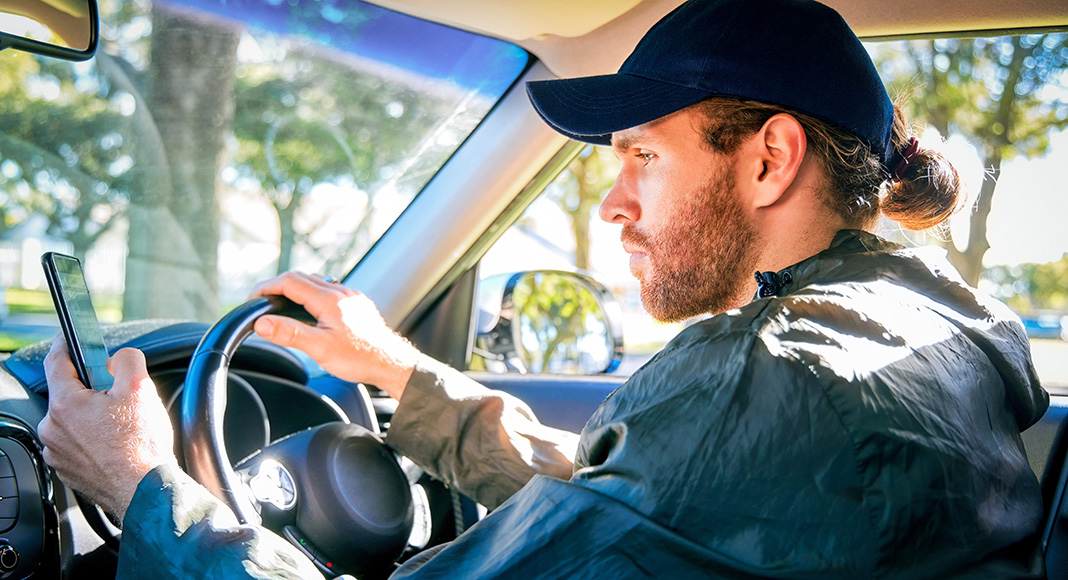State laws which are broadly worded to prohibit drivers from holding a cell phone under any circumstance appear to be effective in reducing rear-end crashes, according to new research.
The study by the Insurance Institute for Highway Safety (IIHS) examined data from three states on rear-end crashes – which are strongly associated with distracted driving.
Researchers looked at Oregon and Washington â which have laws broadly banning drivers from holding a cell phone or other electronic device while behind the wheel, including when the vehicle is stopped in traffic or at a red light. As well as California which prohibits âholding and usingâ a cell phone but does not specify that it applies to temporary vehicle stops.
Data from those three states were compared to Colorado and Idaho, which have texting bans but not broader cell phone restrictions.
The study found rear-end injury crash rates dropped 11 per cent in Washington and nine per cent in Oregon after their bans on holding a cell phone took effect. Police-reported rear-end crashes did not change in California.
âOur findings suggest that other states could benefit from adopting broader laws against cellphone use while driving, but more research is needed to determine the combination of wording and penalties that is most effective,â said Ian Reagan, a senior research scientist at the IIHS.
The Governors Highway Safety Association (GHSA) has welcomed the new research and said the study reaffirms the âimportance of states enacting clear and strong distracted driving lawsâ.



















